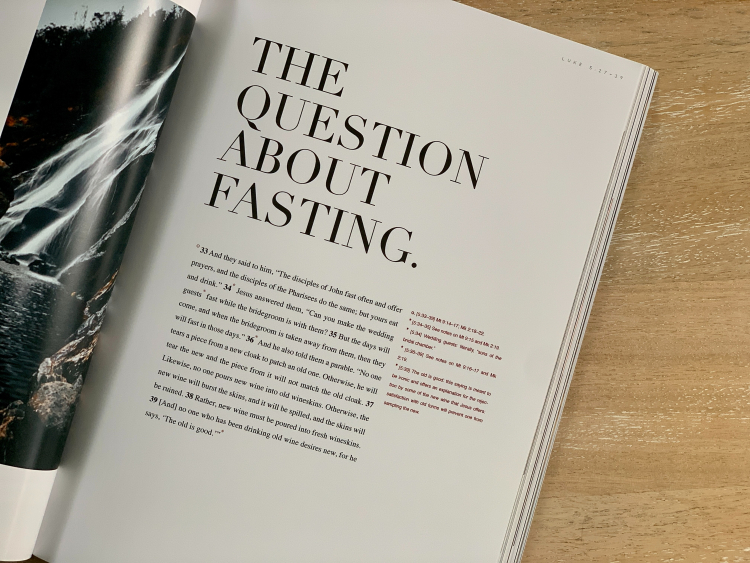The Practice and Practical of Fasting

The act of abstaining from the consumption of food and drinks for an extended time is widely known as fasting. Although there is no way to accurately tell where this practice originated, it is popularly attributed to Ancient Greece. The famous physician Hippocrates was known to recommend fasting to his patients as a means to recover from illnesses. Also, historically, a vast majority of religions utilize fasting as a way to strengthen their spirituality and connection to God; Buddhism, Christianity, Islam, Judaism, Taoism, Jainism, Hinduism to name a few.
Many religions fast in different ways at different times, and for different reasons. In Christianity, one must not eat meat on Friday during lent. In Egypt, Christianity requires fasts that total 210 days over the year.
Muslims, during the month of Ramadan, are not allowed to eat or drink anything between sunrise and sunset. Certain circumstances can annul the obligation to fast such as illness, pregnancy and menstruation. The purpose fasting is to rediscover and get in touch with one’s spirituality and relationship with God. It is also the holiest month; people will pray more, act especially kind and generous and offer their acts of devotion to God.
Image Credit: Unsplash/Abdullah ArifIn Judaism, Yom Kippur is considered the holiest day. Yom Kippur is a time when Jewish people are not to eat or drink for 25 hours. This is obligatory for all Jewish men over the age of 13, and women over the age of 12. This is a time to ask God for forgiveness and for spiritual cleansing.
The 1800s marked the resurgence of the idea of fasting for health. In physician E.H.Dewey’s book, “The True Science of Living” he asserts that our diet is the main contributor to illnesses we encounter. In the 1900s, fasting gained mainstream popularity in the medical field as a way to combat obesity. Furthermore, during behavioral testing on mice, research showed how intermittent fasting can extend one's lifespan. The practice has gained even more popularity in the last decade with people eating between shortened windows of time, fot example the idea of 16:8, fasting for 16 hours, and eating during 8. Extended fasts are also a popular therapeutic practice, with the record being a 382 day fast in which the subject lost 125 kg.
There are many more benefits to fasting. It saves money and time; as you are consuming fewer meals a day therefore paying for less food as well as spending less time preparing it or eating.
Image Credit: Unsplash/Rachel GorjestaniIt also promotes the functioning of essential hormones, cells, and even genes. For example, it results in lower insulin levels and the prevention of insulin resistance, which can cause diabetes, as well as promoting fat burning. Fasting has been shown to result in a reduction of cortisol, the stress hormone. There is an increased level in Human Growth hormones which is essential in body mass regulation, healing of body, and growth of muscle and bones. It also promotes cellular repair and regeneration; the body has more efficiency when it is not “busy” digesting food. The lack of food also forces the body to use its own supplies of energy in order to function, cleansing the body.
The practice also promotes weight and fat loss as well as more efficient muscle building due to the rise in Human Growth Hormone. This is enhanced by the fact it Increases metabolism as the body enters a ketogenic state where fat burning is magnified.
Recent studies on animal and human patients show IE may prevent cancer. Furthermore, studies on mice have shown that IE may prevent Alzheimer's disease or reduce its impact. The study on humans showed that IE was 90 percent successful in preventing the illness.
Lastly, it can result in better, clearer skin, increased energy and mood as well as mental clarity.
Individuals who are suffering from an eating disorder, are underweight, under 18 years of age, pregnant, or breastfeeding should not engage in this practice.









